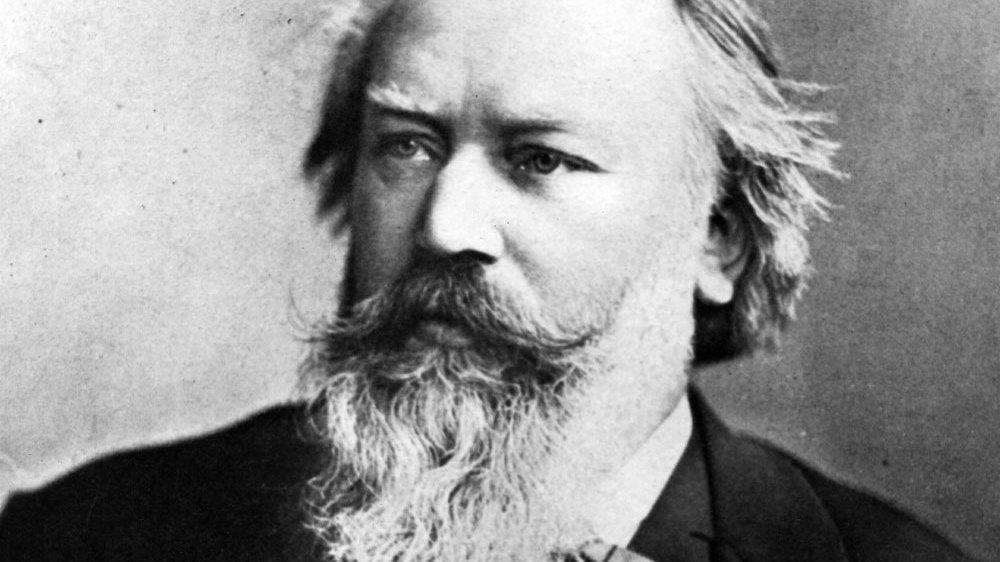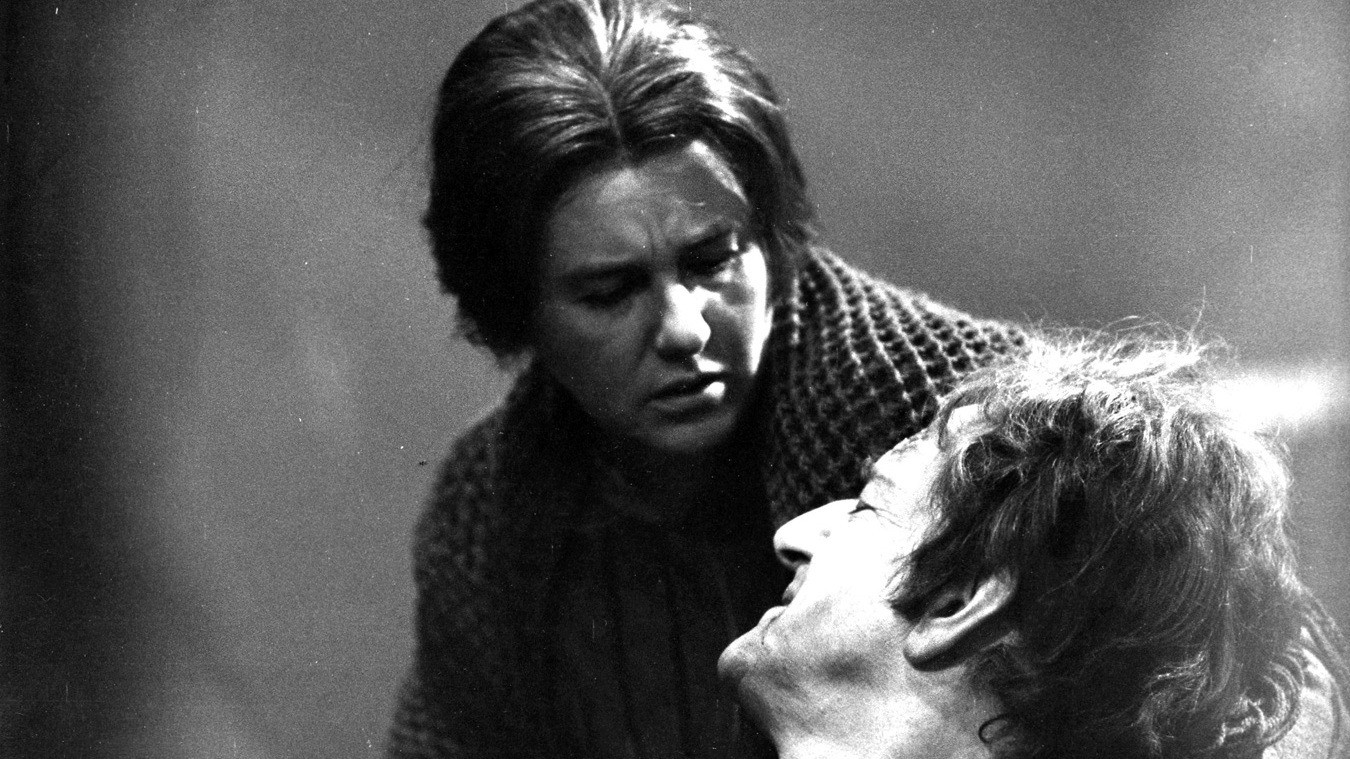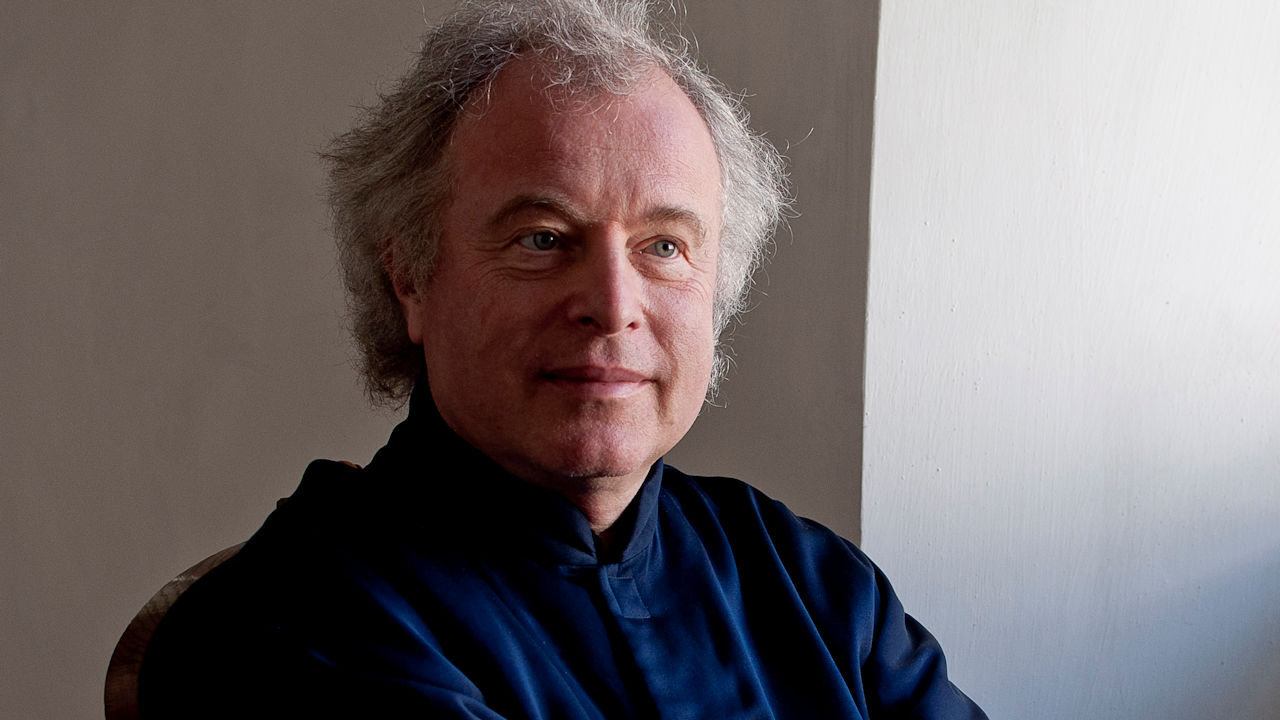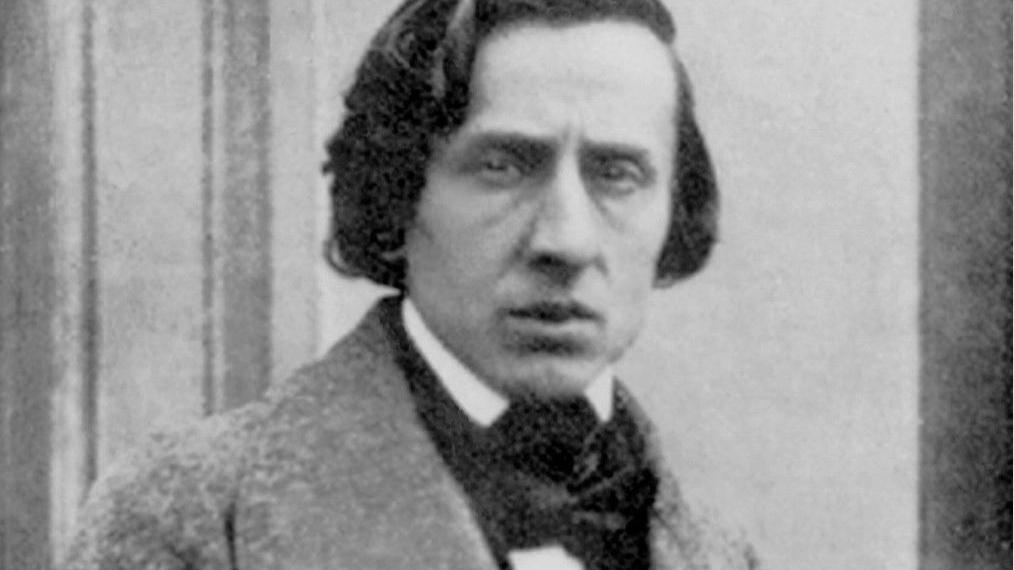Brahms’ Violin Concerto: Oistrakh, Klemperer, and the French National Radio Orchestra in 1960
This is one of those recordings that reminds us why David Oistrakh (1908-1974) is remembered as one of the twentieth century’s greatest musicians. The Soviet violinist’s 1960 studio recording of the Brahms Violin Concerto with Otto Klemperer and the Orchestre National de la Radiodiffusion Française makes us forget about violin technique. Instead, we’re left with pure music. Every phrase “sings” with the ultimate sincerity. My former teacher, the Ukrainian-American violinist Oleh Krysa, …







